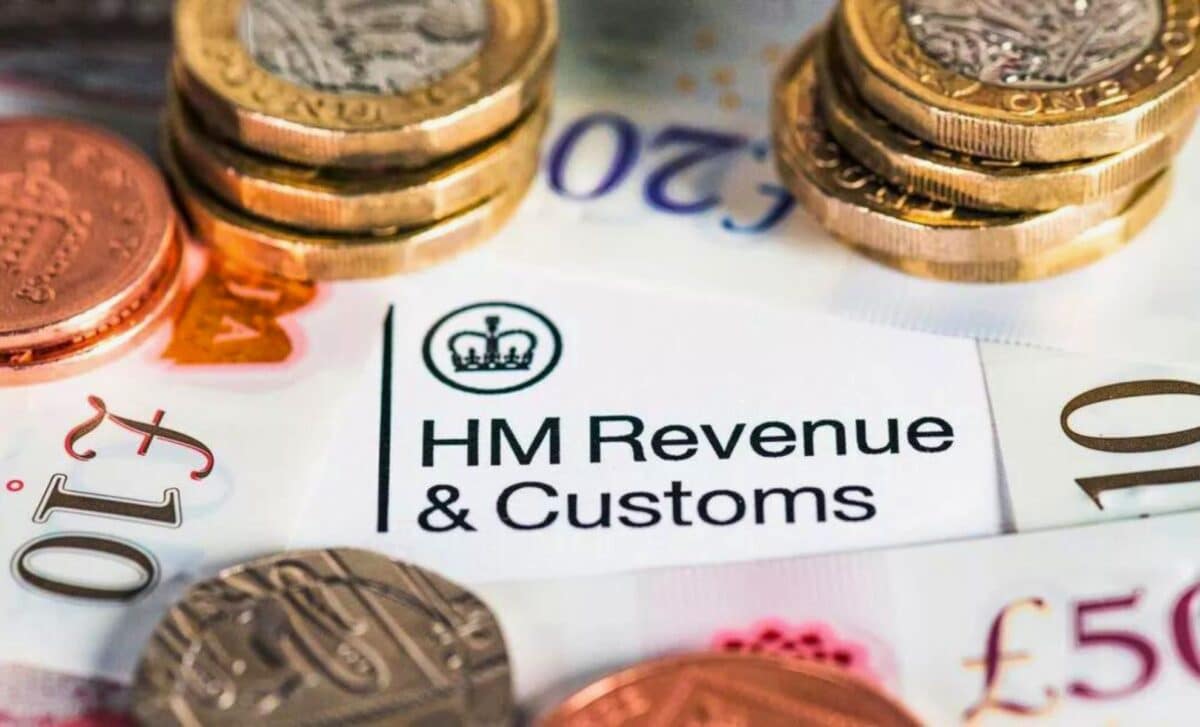Following an incorrect amount of tax being charged on pension income, HMRC has refunded more than £42 million in pension tax overpayment refunds in the first quarter of 2024.
HMRC Faces Criticism Over Tax Overpayment Among Retirees
According to latest figures, thousands of retirees have been affected, with over 13,000 claim forms received in Q1 2024.
When customers initially withdraw from their pension pot, HMRC’s PAYE system automatically assigns them to an emergency tax code, which might result in tax overpayment.
John Chew, a pension, tax, and estate planning expert at Canada Life, stated:“Almost a decade on from the introduction of the pension freedoms and the latest HMRC update shows the tax system continues to catch people out.”
Ian Cook, a certified financial advisor at Quilter, condemned the “archaic system” that forces those who need to access pension money to wait until they receive the whole amount owed.
He added: “This is due to an oddity within the PAYE system, which means they are placed on an emergency tax code when they first withdraw from their pension pot.
“For those who need to access their funds quickly, this can present a significant hurdle.”
Those who intend to access their pension assets for the first time might take efforts to avoid this emergency fee.
Cook recommended consumers to see a competent financial advisor whenever possible to avoid paying too much tax up front.
He clarified: “You can achieve this via several smaller withdrawals, as opposed to an initial lump sum.
“This ensures that most of the withdrawal utilises an updated tax code, preventing emergency taxation on the full amount.”
Expert Insights on Efficient and Accurate Pension Withdrawals
Mr Chew of Canada Life demanded a “better way” to handle pension withdrawals, voicing special worry for those who need the money for a specific purpose yet are short on cash because of the emergency tax take.
Additionally, he mentioned that it could be a “good tip” to make a modest first withdrawal of, say, £100 because any further withdrawals would then be subject to the produced tax code.
“That will result in the tax being taken at source being far more accurate in many more cases, not only reducing the burden of paperwork but equally importantly the customer receiving a more accurate withdrawal in the first place,” Chew said.
“It’s also worth noting that any change in tax position during the course of the year, resulting in a new tax code being issued by HMRC, should also be shared with your pension provider as a matter of course.
“This will help identify any differences in the tax being applied and allow for earlier intervention if required.”









